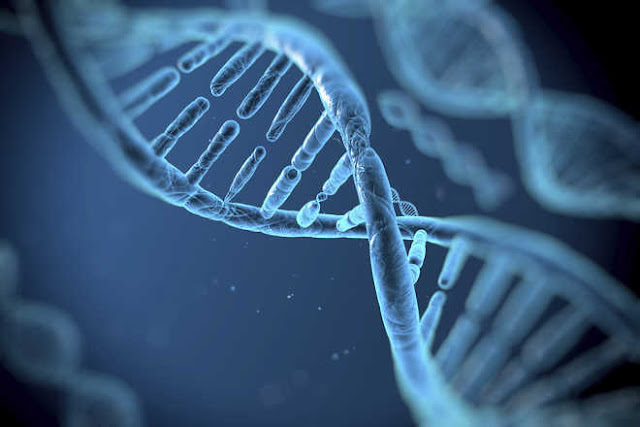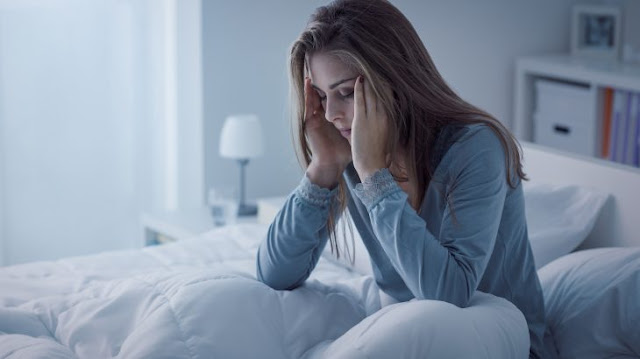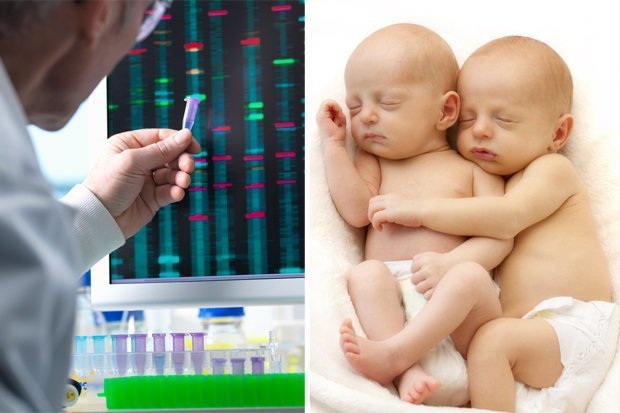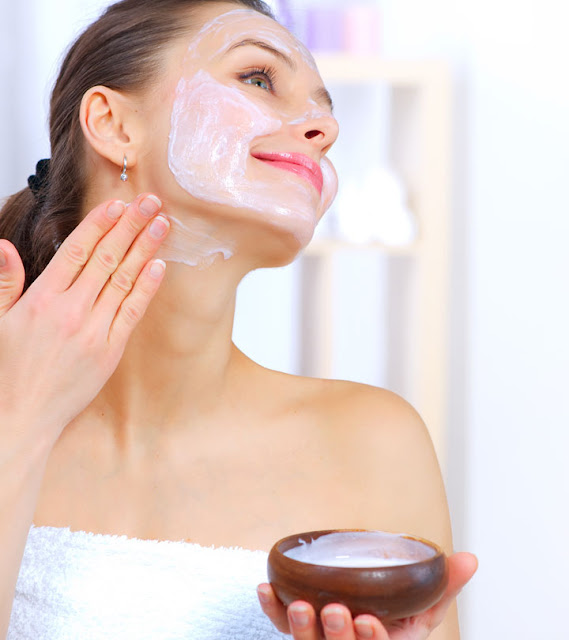Lab-grown 3D nerve cell network may help understand human brain: Study
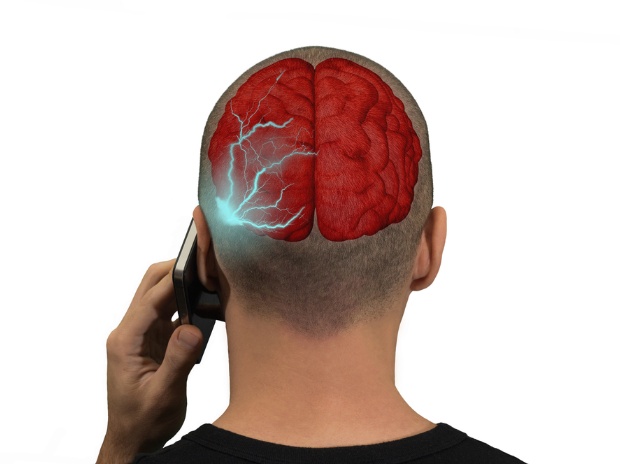
Research have engineered biohybrid nerve tissue -- containing both living cells and non-living components -- to develop 3D models of neural networks , an advance that may lead to better understanding of how the brain works. The researchers, including Gelson Pagan-Diaz from the University of Illinois in the US, said the produced tissue is similar to a computer processing unit, which provided the basic principle to today's supercomputers. The study, published in the journal PNAS, noted that the 3D tissue , consisting of neurons, can provide the ability to develop tissue models for drug screening, or processing units for biological computers. The researchers said using a 3D model of these networks outside the body may offer researchers a new tool to understand how these connections work. These models, they said, can help shed light on how abnormalities form such as what gives rise to diseases such as Alzheimer's. According to the researchers, the 3D tissues can be...

